‘Hardly any travellers have heard of it’: Spain’s best hidden gems according to a tour guide
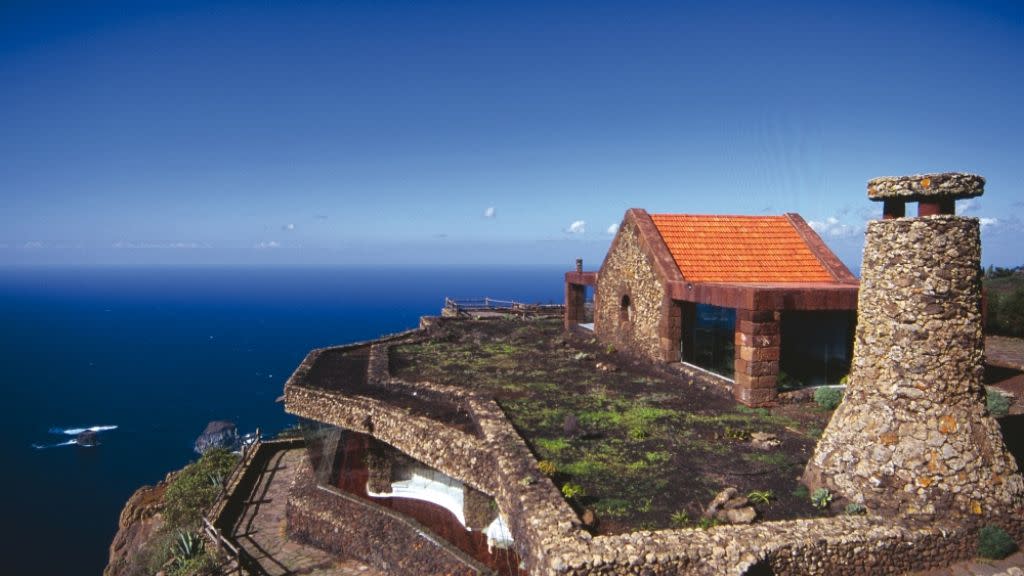
If you’re a travel aficionado, it’s likely you’ve been to Spain, maybe exploring Barcelona, Madrid and at least one Canary or Balearic island - but if you’ve ever wondered where in Spain is still relatively unexplored, we have some suggestions.
Euronews Travel spoke to Timon van Basten, a tour guide in Spain and the founder of Travel Spain 24.

He’s Dutch and has travelled to more than 40 countries but has been settled in Spain for the last five years.
We asked him for the very best places off the beaten track in his adopted country.
Los Pueblos Blancos in Andalucía
“Most tourists don't make it past Ronda or Seville,” while in Andalucía Timon tells Euronews Travel but, he says, “the white villages dotted throughout the mountains and hills are like stepping back in time.”
“Towns like Zahara de la Sierra and Grazalema offer winding streets, tasty tapas and breathtaking views without the crowds.”
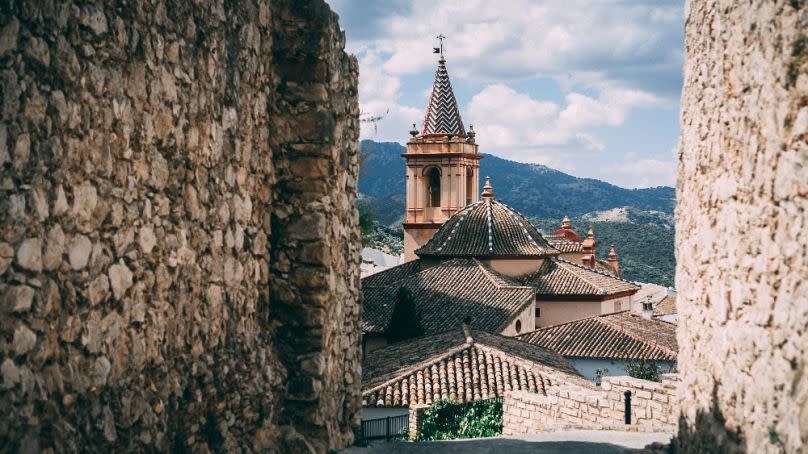
Timon recommends the historical destinations for their “white houses and small castles.” Painting an evocative picture, he adds, “olives grow around hills and cliffs. Hiking and relaxing in the village squares are fun things to do. Wildflowers bloom in spring.”
If that doesn’t sound idyllic, we don’t know what does!
Las Médulas in León
“Hardly any travellers have heard of it, but it's one of the most unique sights I've come across,” Timon says of this breathtaking spot in the north west of the country.
It has a rich history, with Romans taking gold from mines centuries ago. Today, Timon explains, Las Médulas has “a surreal landscape of towering reddish cliffs and stone pillars that is unlike anywhere else in Spain.”
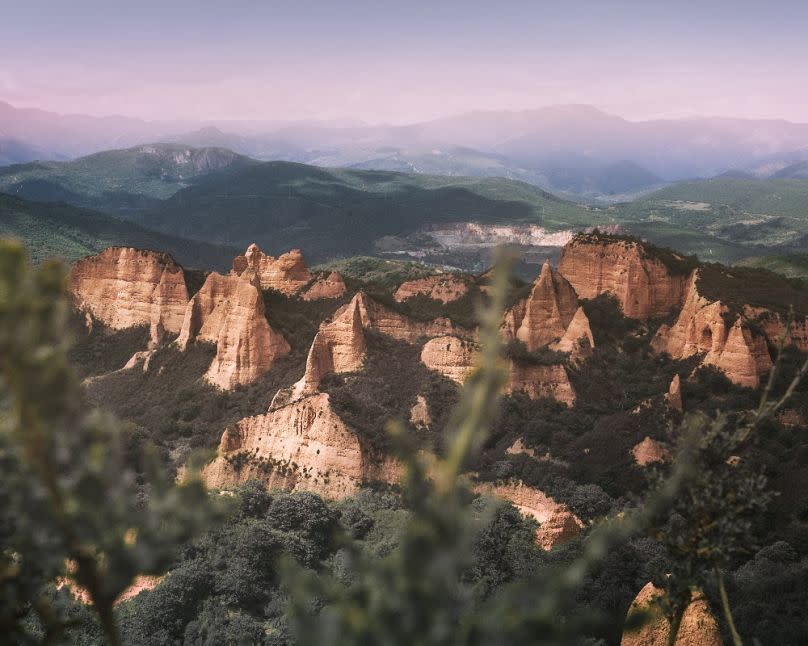
While it is not a particularly well known spot, it is entirely possible to learn more about the region’s ancient heritage thanks to countless hiking trails crisscrossing the landscape and a small museum, Aula Arqueologica, too.
Timon says it’s a year round destination, with “nearby farms offering tastes of local wines in autumn's colours” - something that makes an especially stirring experience in that season.
La Garrotxa in Catalonia
Barcelona is one of the most visited cities in Spain, so it’s no surprise this Catalonia hotspot is overcrowded and, Timon tells Euronews, packed with “tourist masses”.
Perhaps best known for its goat’s milk cheese and the Zona Volcànica de la Garrotxa - a huge natural park with many extinct volcanic cones - there is so much more to the region.
Timon suggests a visit to the “rugged volcanic region dotted with mediaeval towns”, like Santa Pau, built around a castle or Besalú with its picturesque Romanesque bridge.
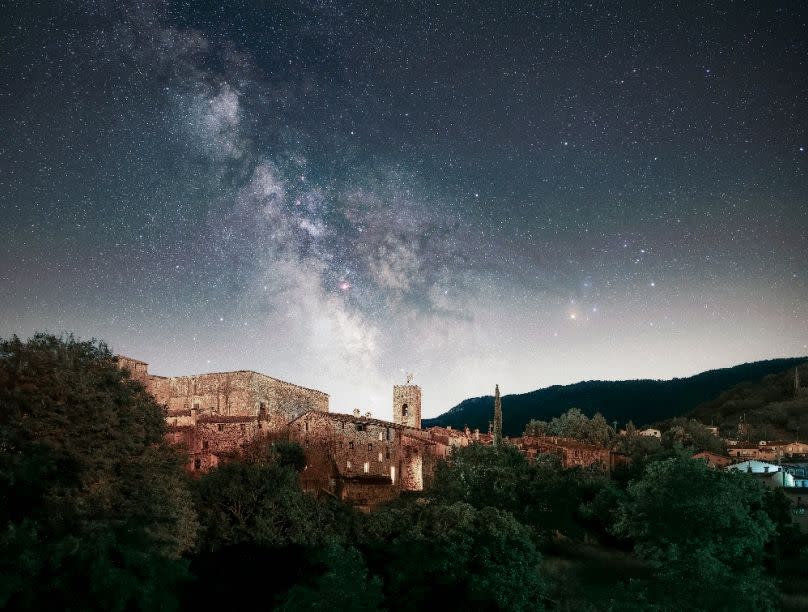
“Santa Pau and Castellfollit de la Roca lack major attractions but more than make up for it in small-town charm and excellent Catalan cuisine,” he says.
It’s a must-visit for nature lovers, Timon adds, explaining that the walking and biking there is top tier. He also says not to miss the forest which “grows in old volcano flows with birches and oaks”.
If goat’s cheese isn’t your thing, you’re in luck: “sausages, roasted veggies and creamy desserts” are all regional specialities, too.
From Seville to Salzburg: Inside Europe’s finest religious-run Airbnbs and lodgings
Barcelona declares drought emergency, with big fines for breaking water rules
El Hierro in the Canary Islands
While many fans of Spanish culture will likely have already visited the Canary Islands of Tenerife, Gran Canaria or Lanzarote, not many will have set foot on El Hierro.
The furthest south and west of the island group, it’s also the smallest - and boasts some of the best weather in all of the Canaries.
“The tiny, remote island has an end-of-the-world vibe with lava flows, volcanic craters, and lush cliffs plunging into the Atlantic,” Timon says.
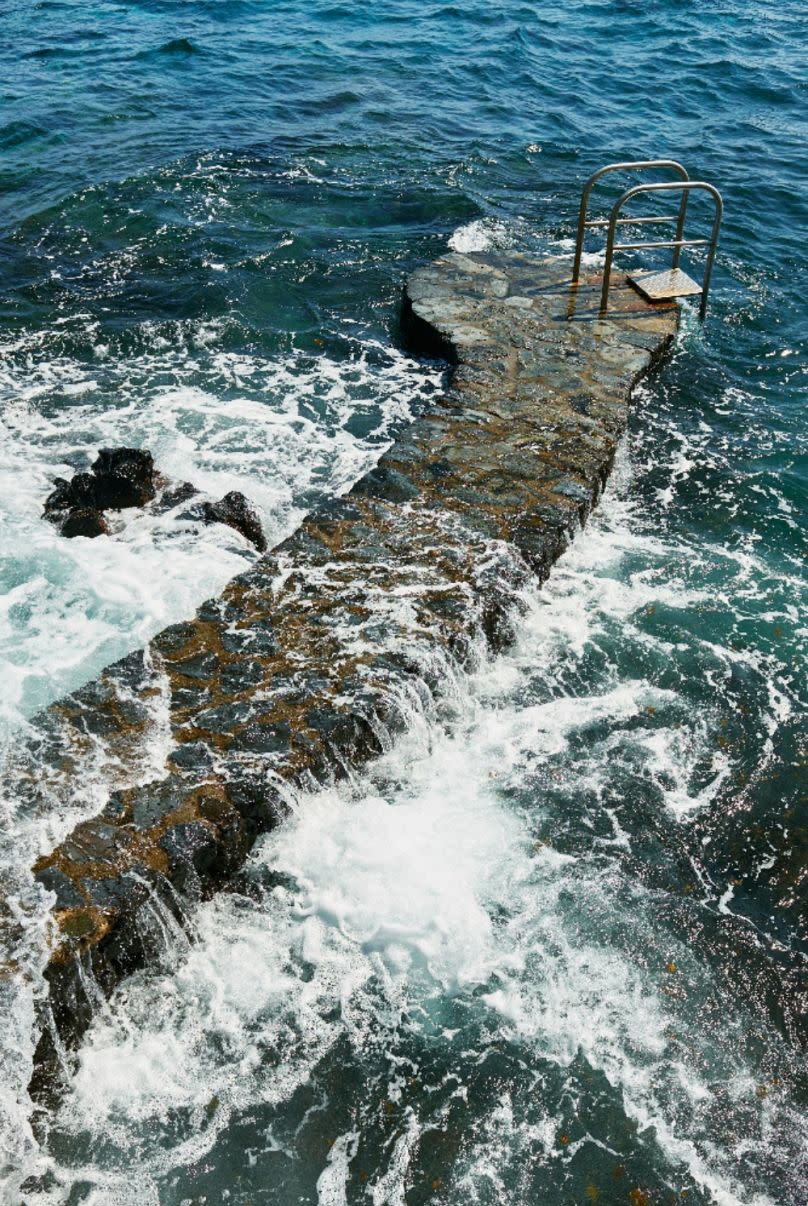
He suggests renting a car to get the full experience and “explore at your own pace, with quaint towns, secluded beaches, and tranquil hiking trails to discover.”
It’s a truly unique landscape with its coast featuring “forests, cliffs and waves”, while the El Golfo lake, formed in the crater of an old volcano and given its unique hue by unusual algae is a magnificent sight to see.
For those looking to travel in an environmentally friendly way, El Hierro is a good bet, too.
The island is constantly expanding its ability to combine hydro and wind power which may, one day, allow it to get all its energy from renewable sources.
Sierra de Francia in Castilla y León
Halfway between Madrid and the Portuguese border, you’ll come across the mountain range of Sierra de Francia.
It’s just a stone’s throw from the city of Salamanca, but the entire region is sparsely inhabited - and its few towns are known for their great cultural value.
“From chestnut forests to rolling green hills dotted with stone villages, this unspoiled rural region has a simple beauty”, Timon says, “Base yourself in sleepy La Alberca to roam the countryside and enjoy home-cooked migas sheepherder stew without fanfare.”
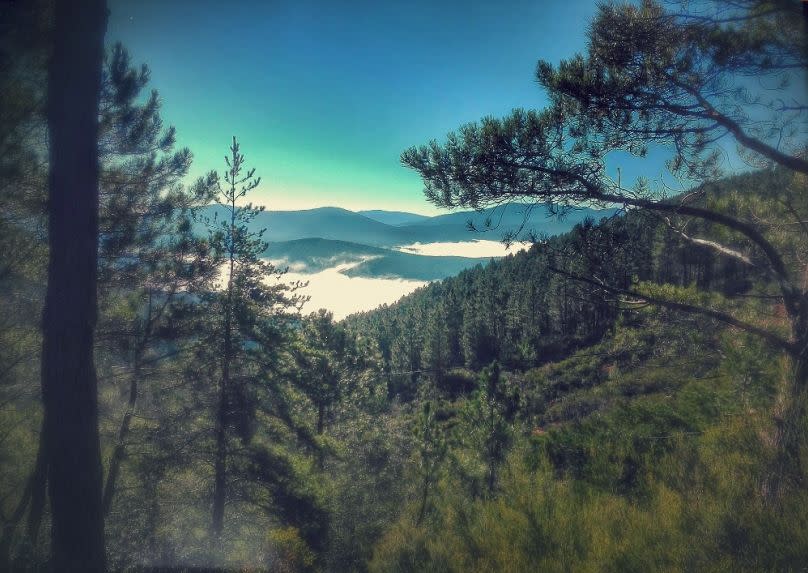
It’s another destination for those hunting for an escape from the rat race with Timon says, excellent “hiking and biking [to] explore the green countryside [which] offers tastes of rural life.”
Together with neighbouring Sierra de Béjar, Sierra de Francia constitutes a Biosphere Reserve, meaning that officials are making sure to reconcile the conservation of biodiversity of the area with its sustainable use.
What’s more, some of the mountain range’s towns have been officially declared Conjunto Histórico-Artístico - an endeavour which seeks to preserve, conserve and protect buildings, objects and landscapes of particular historical significance.

